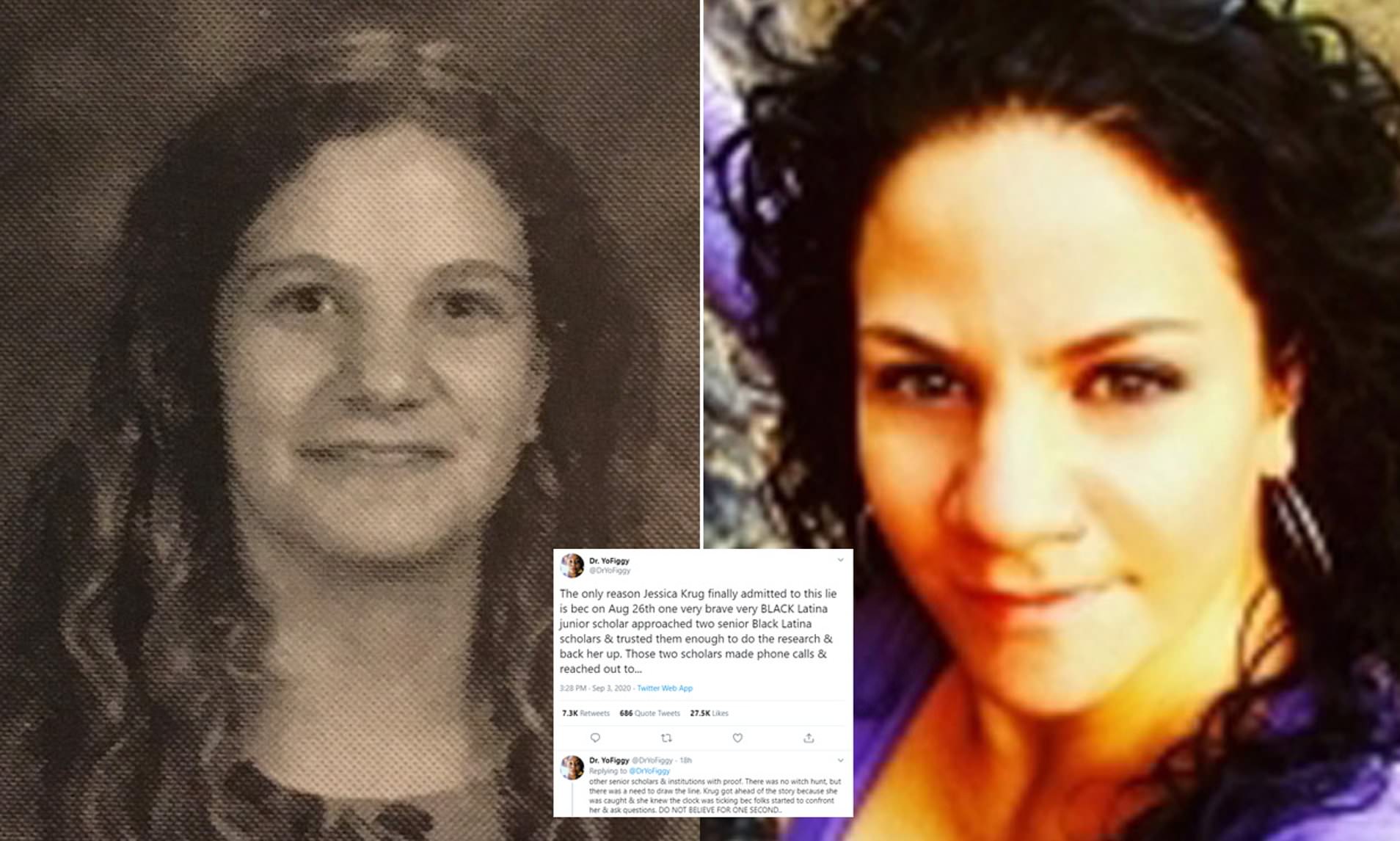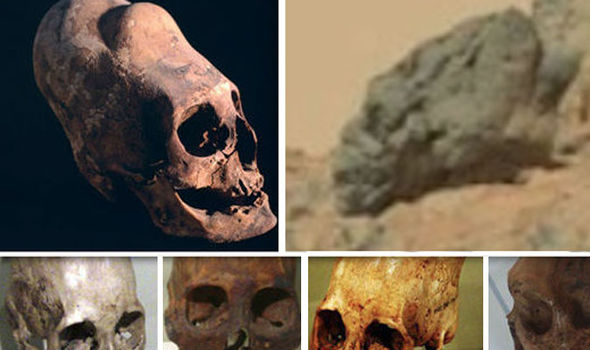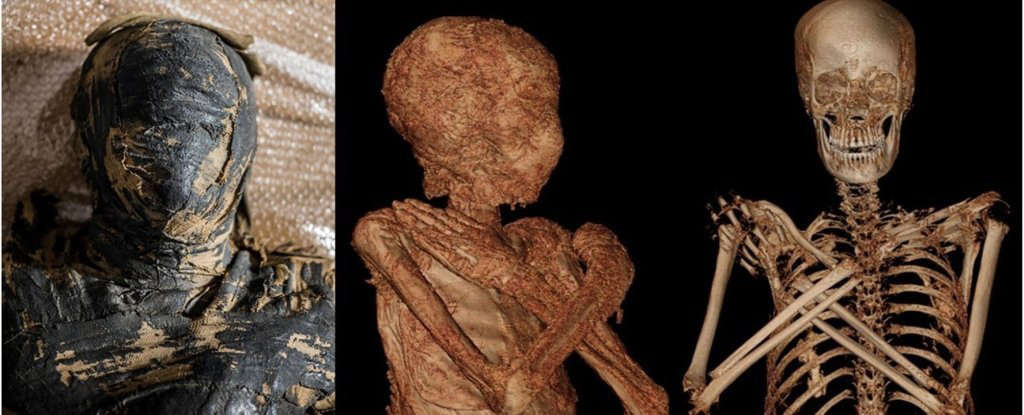Professor Jessica Krug Admits She Lied About Being Black
Despite publicly living as a black woman for years, George Washington University associate professor Jessica Krug admitted Thursday that she is actually a “culture leech” — who is white.
“For the better part of my adult life, every move I’ve made, every relationship I’ve formed, has been rooted in the napalm toxic soil of lies,” Krug, 38, writes in a brief but life-shattering Medium post titled “The Truth, and the Anti-Black Violence of My Lies.”
The self-proclaimed “historian of politics, ideas, and cultural practices in Africa and the African Diaspora” goes on to detail a lengthy trail of public deception.
“To an escalating degree over my adult life, I have eschewed my lived experience as a white Jewish child in suburban Kansas City under various assumed identities within a Blackness that I had no right to claim: first North African Blackness, then US rooted Blackness, then Caribbean rooted Bronx Blackness,” she says. “I have built my life on a violent anti-Black lie, and I have lied in every breath I have taken.”
Krug has a Ph.D. and is the author of the book “Fugitive Modernities: Kisama and the Politics of Freedom,” which “interrogates the political practices and discourses through which those who fled from slavery and the violence of the slave trade in Angola forged coherent political communities outside of, and in opposition to, state politics,” according to her GW faculty profile.
She has not lived a double life, she claims, as she has no other life beyond the lie she has been living.
“There is no parallel form of my adulthood connected to white people or a white community or an alternative white identity. I have lived this lie, fully, completely, with no exit plan or strategy,” Krug writes. “I have no identity outside of this. I have never developed one.”
While she blames childhood trauma for planting the seeds of race appropriation, she at no point asks for forgiveness or attempts to justify her choices — but instead eviscerates her decisions and admits she has no idea how to move forward.
“Mental health issues likely explain why I assumed a false identity initially, as a youth, and why I continued and developed it for so long,” she writes. “When I was a teenager fleeing trauma, I could just run away to a new place and become a new person. But this isn’t trauma that anyone imposed on me, this is harm that I have enacted onto so many others. There is nowhere to run. I have ended the life I had no right to live in the first place.”
She has previously considered coming forward, but never found the strength.
“I am a coward,” she writes, and then repeats it. “You should absolutely cancel me, and I absolutely cancel myself.”
However, she doesn’t explain why she decided to finally tell the truth. A former friend of Krug’s and another professor charged that Krug only came forward because she had been found out and had started being confronted by others in her field.
Krug admits she doesn’t know where she can go from here.
“I don’t know how to fix this,” she goes on. “I don’t know what to build from here. I don’t know that it is possible to repair a single relationship I have with another person, living or dead, and I don’t believe I deserve the grace or kindness to do so.”
The entry, while a statement, is neither an admission nor an attempt at protecting her life and career, she said.
“This isn’t a confession, it isn’t a public relations move, and it damn sure isn’t a shield,” she concludes. “It is the truth, though.”
Krug, who has an apartment in Harlem, allegedly once went on a profanity-laden tirade at a City Council hearing, in which she spoke in a street accent and blasted New Yorkers who talked about the police in the wake of George Floyd’s death.
“You posin’ like you opposin’ them for your soundbites, for your social media, for your re-election campaigns,” said Krug, who was apparently using the name “Jess La Bombera.”
“Get the f— outta here, you’ve been supporting the cops in the pandemic,” she added in the video.
The essay recalls Rachel Dolezal, the former president of the NAACP’s Spokane, Washington, office who rose to notoriety in 2015 after a local reporter revealed that she is white, despite long identifying as African American. A documentary was subsequently made about her life.
In July, Dolezal told The Post that she has received hundreds of “overwhelmingly positive messages” about her reputation amid the Black Lives Matter movement. “Most people I hear from are black or mixed or non-white in some way, and a lot of people have said, ‘This is your moment; you’re vindicated,’” she said.
Krug has not responded to The Post’s request for comment.









Recent Comments